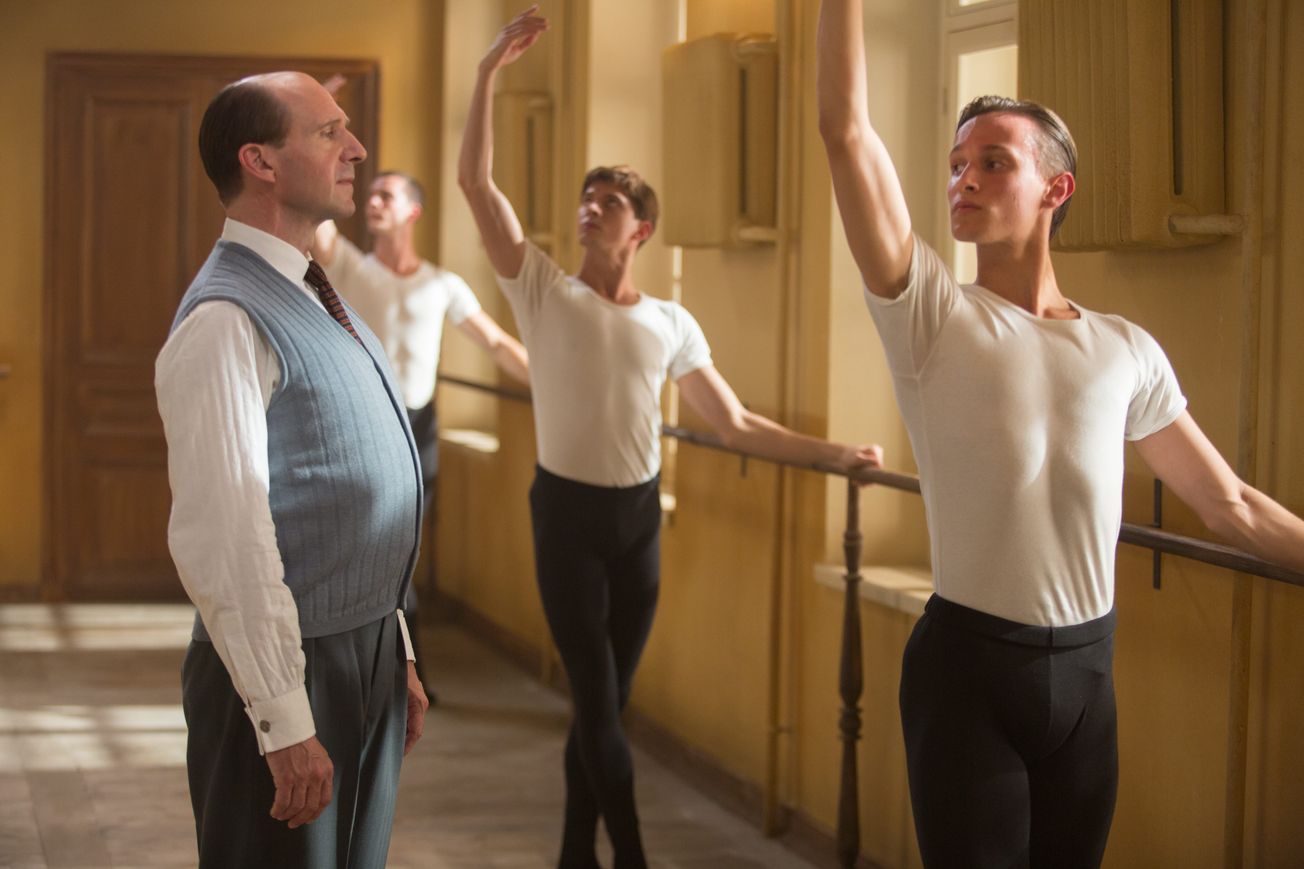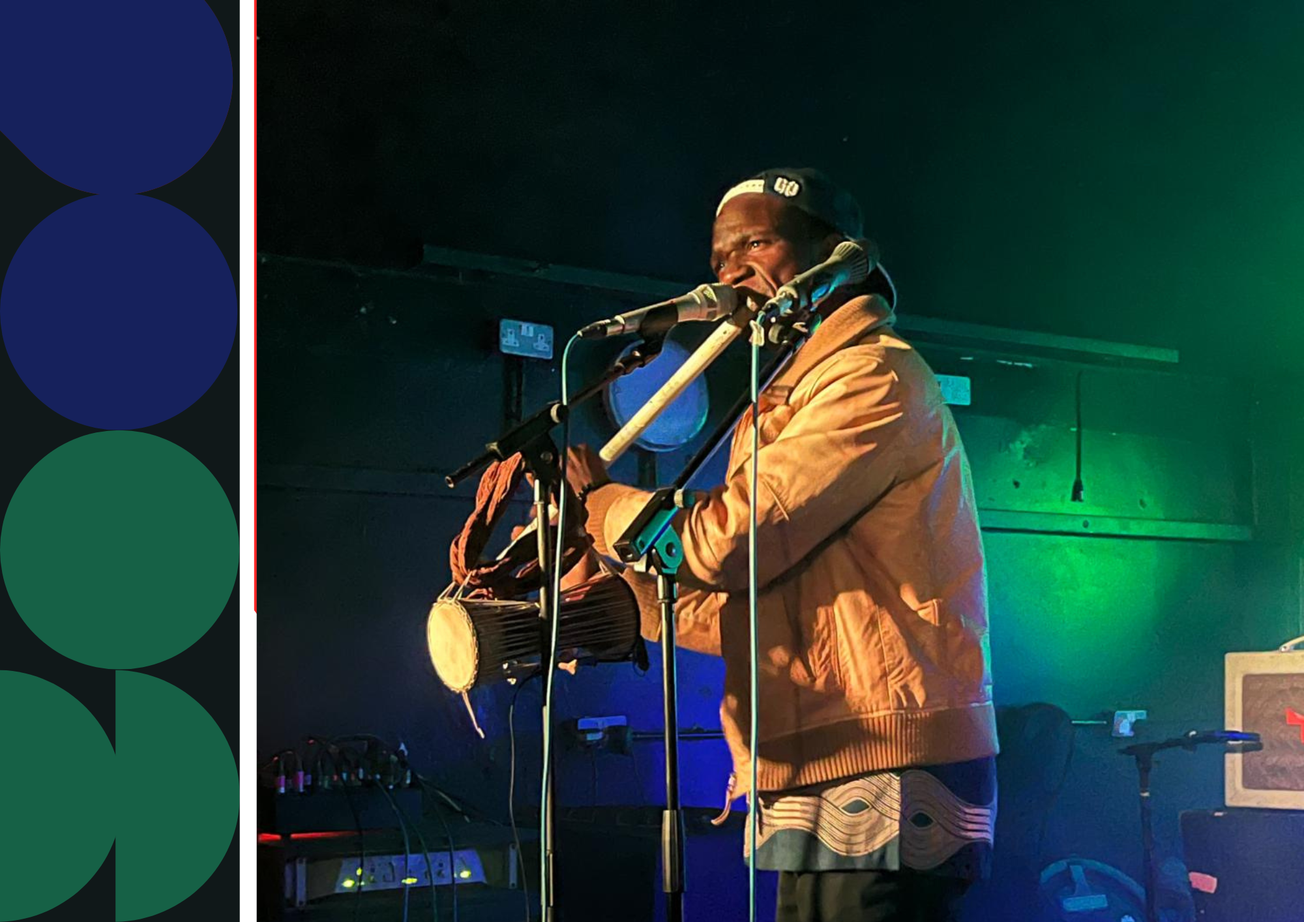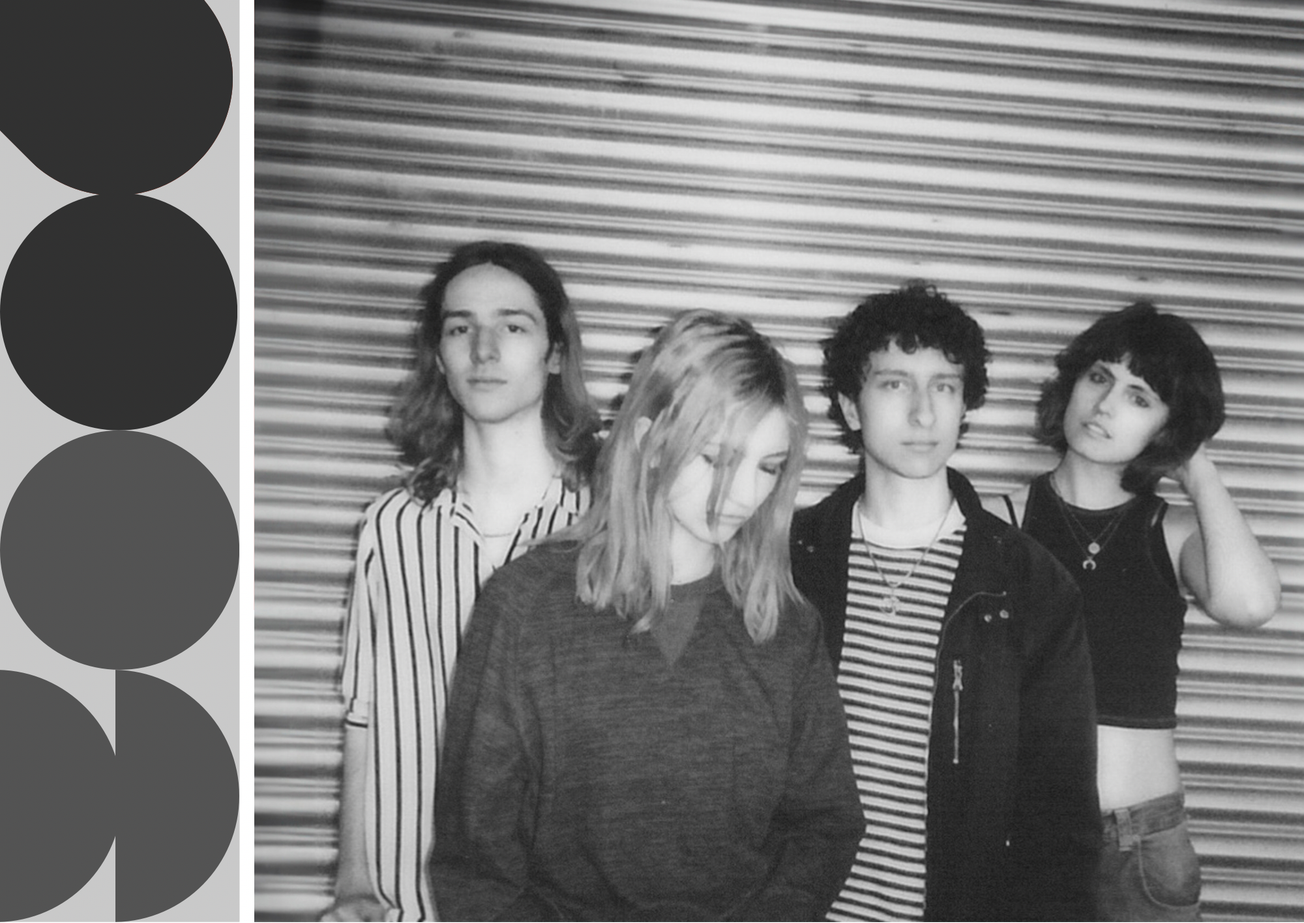By Daisy Game, First Year, English
Ambitious and affectionate, Ralph Fiennes’ latest spin as director is almost remarkable– but Rudolf Nureyev biopic The White Crow needed to brush up on its footwork.
Despite previous brilliance from David Hare - see The Hours (2002) or The Reader (2008) - his script proves somewhat self-conscious. ‘I’d rather die than live by the rules’, spits an indignant Nureyev - under the cover of auditorium darkness, the hint of an eye roll ensues. It’s frustrating – if only the dialogue was that little bit quieter; a little less rowdy in the point it was trying to make.
Youtube / Sony Pictures Classics
An ashen, almost-but-not-quite-black-and-white-filter layered over numerous flashbacks to Nureyev’s childhood proved equally textbook. ‘Black and white’ equals ‘in the past’ etcetera, etcetera. I realise that to take issue with such a small, tried and tested method of narrative hopscotching is unfair and crabby - but it just feels a bit obvious: a bit hasty. The hint of flop to an otherwise tight aesthetic. ‘This is a movie’, the flashbacks jabs, just at the moment one might have melted from seat into screen.
However, such a detail may have gone unheeded had the cinematography not been otherwise utterly gorgeous: a hazy palate brushed Parisian streets and vaulting dancers with an oddly pictorial authenticity. Dance studios soaked in scratchy gold as cigarette smoke eddies in cool grey ribbons: it’s a wonderfully tactile vision.
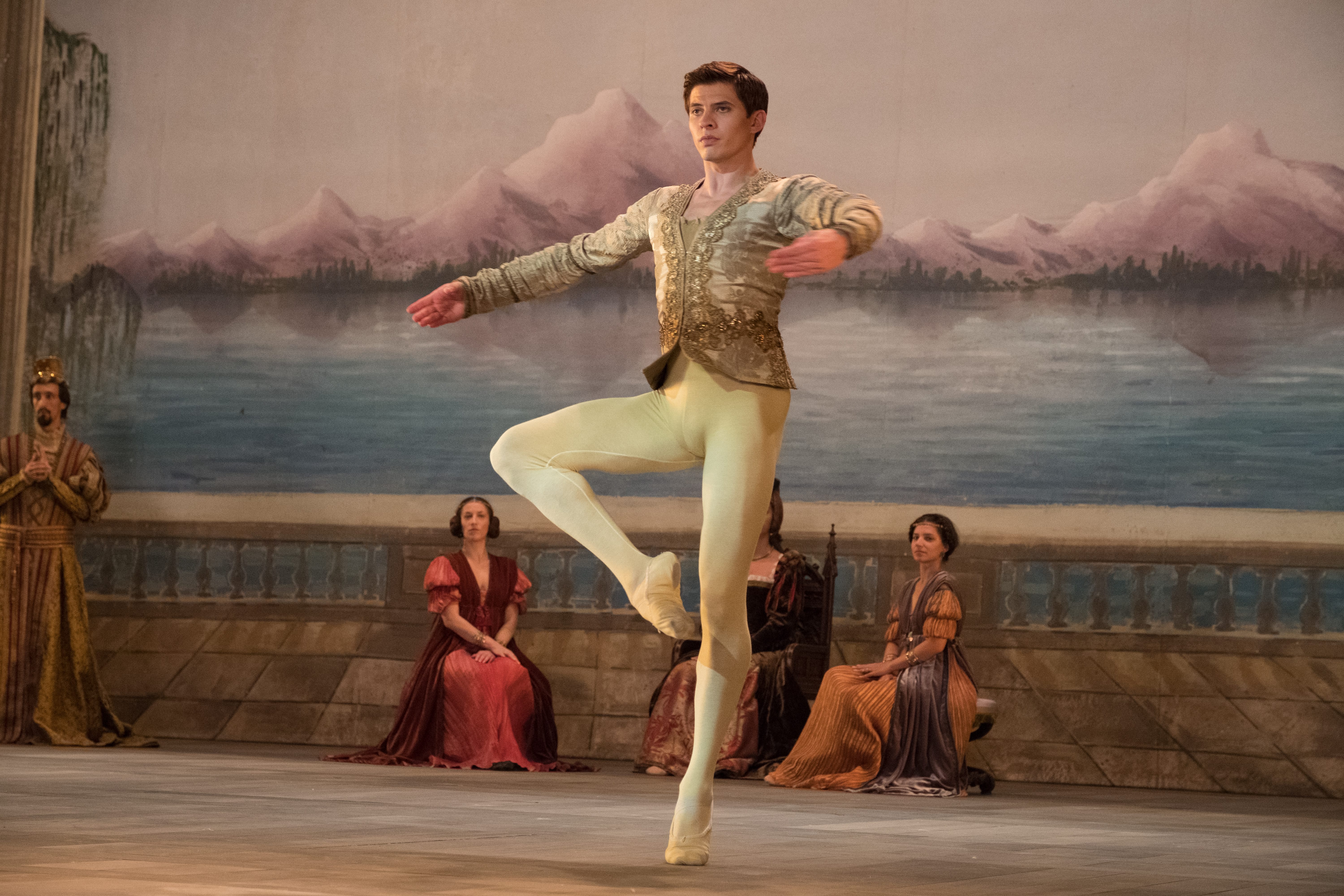
Photo courtesy of Watershed
Perhaps the film’s most endearing quality is its display of genuine affection for the arts and the restorative powers they possess. ‘It’s about the artistic spirit looking for its lifeline’, Fiennes rightfully reflected during an interview with The Picturehouse – and it’s true; White Crow is less concerned with the specifics of Rudolf Nureyev’s balletic technique than it is in proffering a celebration of art’s shackle-cracking-potential.
Born on a train into a family of little means and a political climate of flammable personality, Nureyev’s story is one of the best phoenix-rising-tales out there. The film places a lovely focus on the dancer’s determination to glean knowledge from all art forms – painting, sculpture, architecture – Rudi roves the streets and the galleries of Paris, desperate to the ring the world of its various inspirations. Nureyev’s intense devotion to life is lovingly acknowledged throughout the biopic.
The best part of new movie WHITE CROW is the reminder of how much Bowie borrowed from Nureyev for the BLUE JEAN video. pic.twitter.com/tgHPeKUmXI
— W I L L B R O O K E R (@willbrooker) March 25, 2019
With Russian as a first language and dance as a primary trade, Oleg Ivenko’s only slightly blemished portrayal of Nureyev must be applauded; any affected shows of anger forgiven. His gives a plucky, determined performance, charming and vicious in equal measure. ‘Little girl, if you like apologies, you are with the wrong man’, Rudi bellows at a horrified Clara Saint, played with gritty assurance by Adèle Exarchopoulos from Blue is the Warmest Colour (2013), in a display of Nureyev’s famed caprice. A few moments prior, the tuxedo clad dancer oozes charm, greeting his French hosts with a handshake and the tweak of a smile: all things considered, Ivenko’s seesawing isn’t half bad.
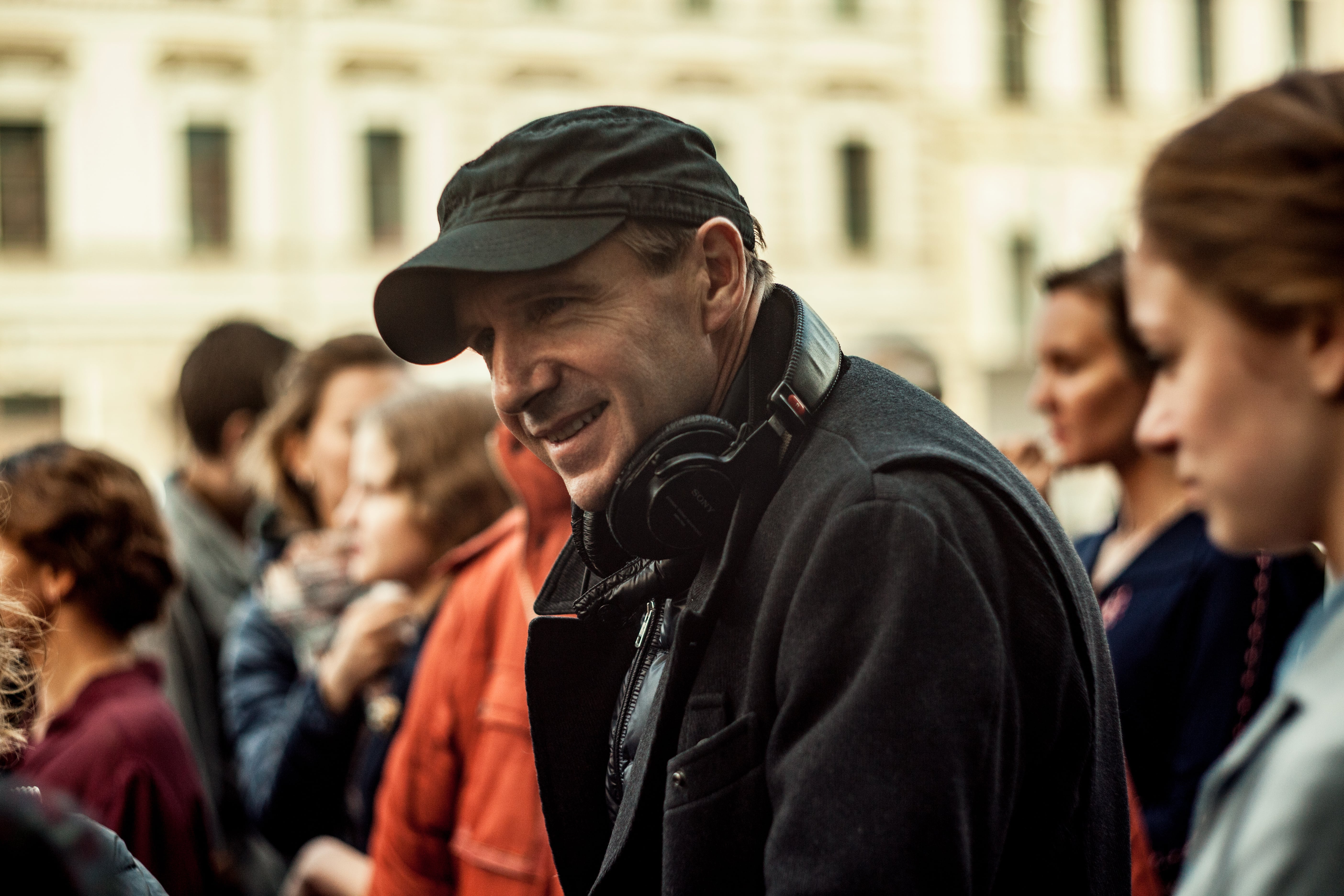
Photo courtesy of Watershed
It may not be pitch perfect, but Fiennes’ latest directorial delve is certainly an ambitious, engaging watch which celebrates artistic potential with endearing sincerity, and proves that sometimes we really can dance our troubles away.
The White Crow is showing at Watershed until 4 April.
Featured Image Credit: Photo courtesy of Watershed
What do you think of Ralph Fiennes's latest directorial effort?
Facebook // Epigram Film & TV // Twitter

